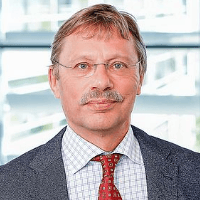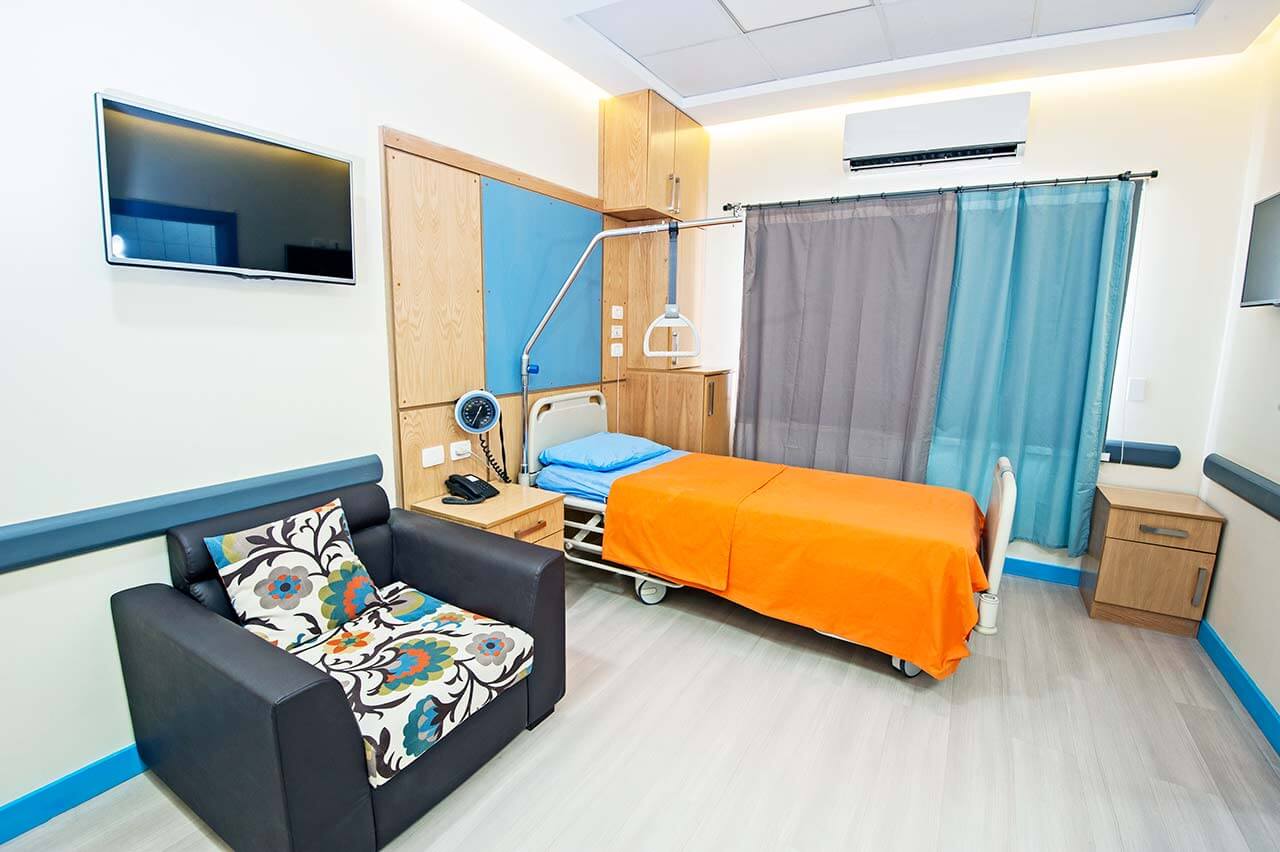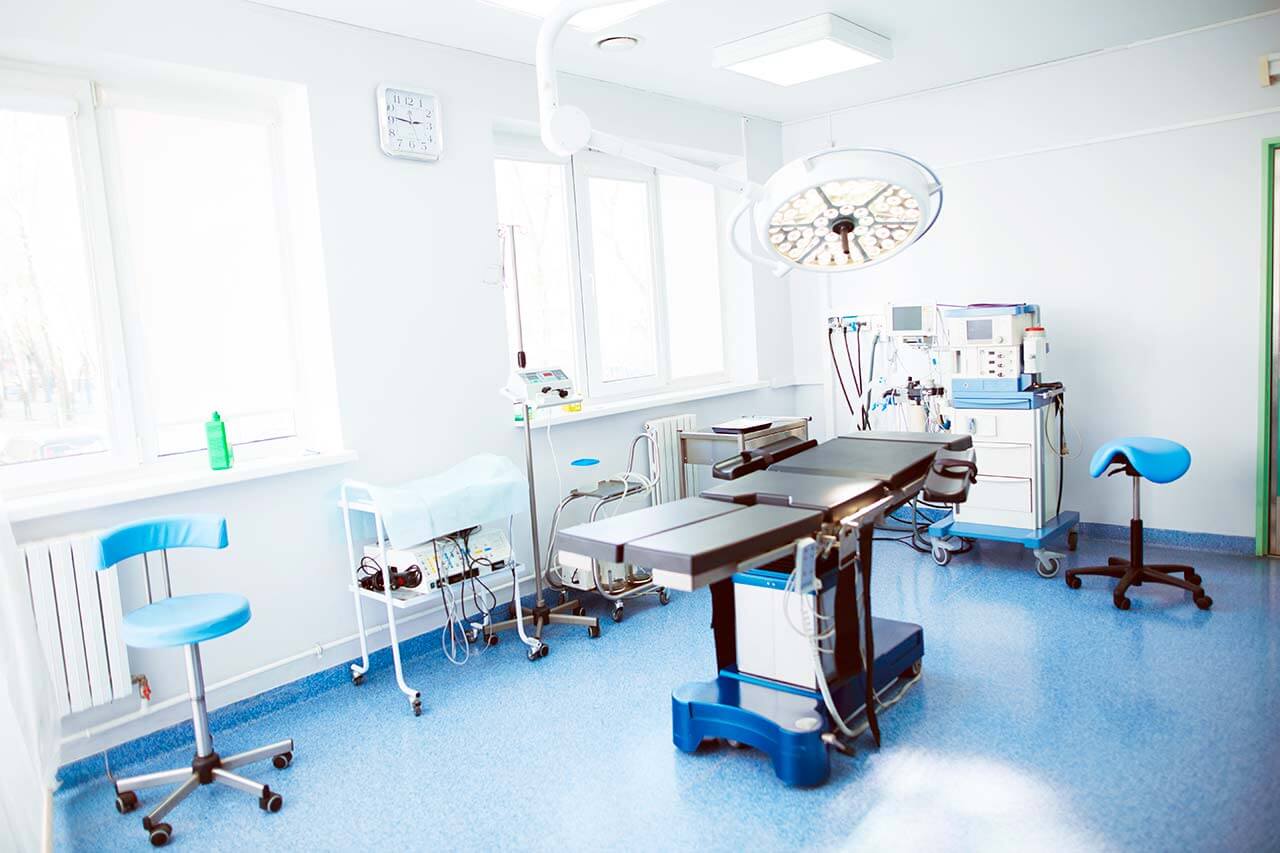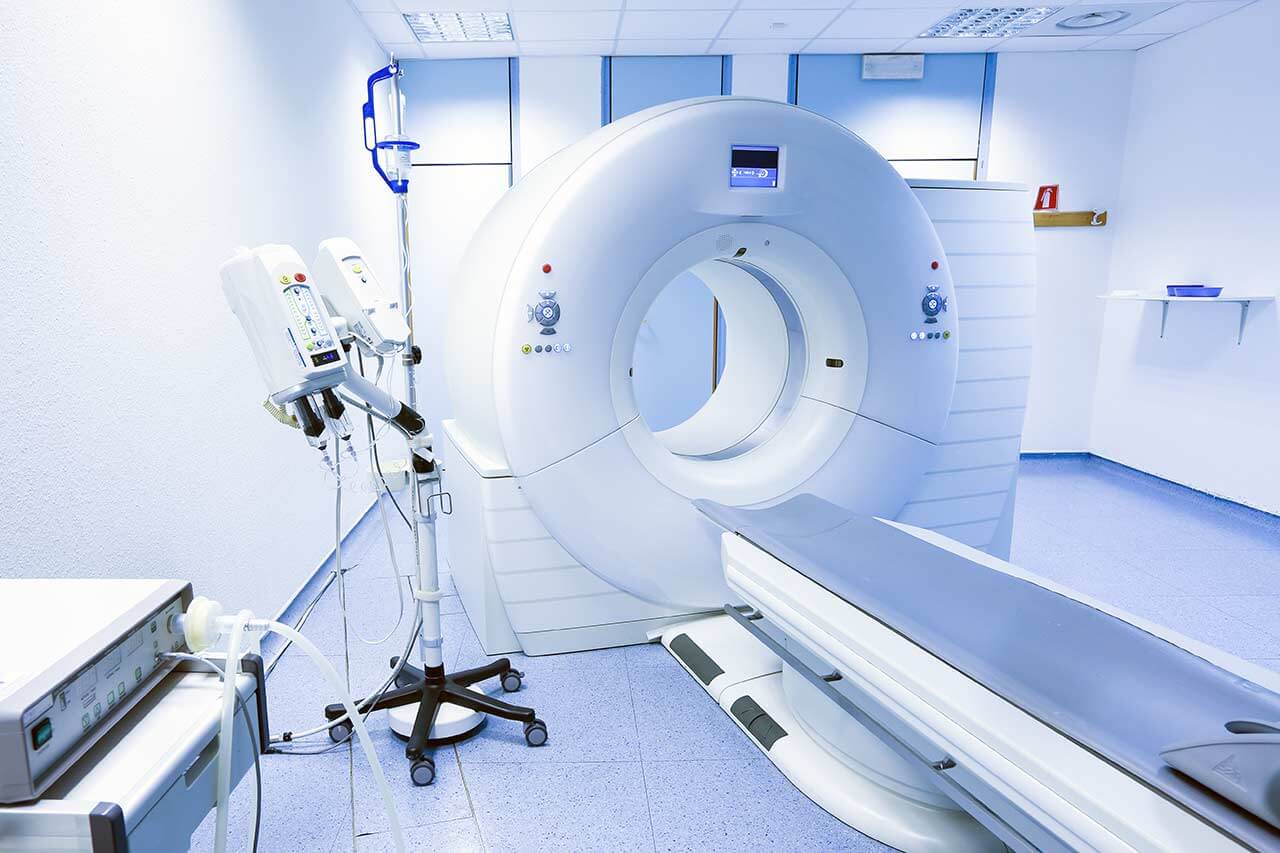
About the Department of Nuclear Medicine at Municipal Hospital Karlsruhe
The Department of Nuclear Medicine at the Municipal Hospital Karlsruhe provides the full range of diagnostic and therapeutic services in the area of its specialization. The department's doctors successfully carry out modern procedures using radionuclide pharmaceuticals. In the field of diagnostics, particular attention is paid to scintigraphy, PET, PET/CT, SPECT and SPECT/CT scans. The department’s therapeutic unit is designed for 7 beds and offers radioiodine therapy for benign and malignant thyroid diseases, peptide receptor radionuclide therapy with somatostatin analogues for neuroendocrine tumors, Lu-177 PSMA therapy for metastatic prostate cancer, selective internal radiation therapy with Y-90 labeled microspheres for primary liver tumors and liver metastases, as well as palliative treatment for symptomatic bone metastases. The department's specialists cooperate closely with the doctors from many other departments of the hospital. Medical care can be provided both on an inpatient and outpatient basis. The department strictly meets the requirements of radiation protection. The Head Physician of the department is Prof. Dr. med. Klaus Tatsch.
In 2014, the department was renovated and its equipment was renewed as well. The medical facility has GE Discovery 710 PET/CT system, SPECT device with two gamma cameras with two heads for whole body imaging and cross-sectional imaging, GE Discovery 670 SPECT/CT device, a special gamma camera for thyroid scintigraphy, two ultrasound devices with the additional possibility of performing Doppler ultrasonography, including elastography, as well as measuring instruments for determining the activity of radiation and radiation protection. The department also has a specialized laboratory for quality control of radiopharmaceuticals used for both diagnostics and treatment. The department's doctors most often carry out diagnostic tests for oncological diseases, pathologies of the nervous system and cardiovascular system. Gamma cameras are used for scintigraphy of all organs of the human body.
The range of the department's therapeutic services includes all modern types of radionuclide treatment. One of the most popular therapeutic procedures in the department is radioiodine therapy, which is successfully used for the treatment of benign and malignant thyroid diseases. Radioiodine therapy is an absolutely painless conservative treatment method with high efficiency. During this treatment, a patient stays in the hospital and takes a radioisotope of iodine in the form of a capsule or liquid orally. Radioactive iodine enters the bloodstream and is taken up by thyroid cells. Radiation gradually destroys the pathological cells of the thyroid gland, due to which the therapeutic effect is achieved. The main advantages of radioiodine therapy are its high efficiency and safety. In addition, this type of treatment can be combined with other methods, including chemotherapy and/or thyroid surgery.
As of today, prostate cancer is one of the most common pathologies in men, so the department's doctors offer their patients Lu-177-PSMA therapy, which is an innovative and highly effective type of treatment for this pathology. The technique is used to treat metastatic prostate cancer. Before prescribing such a therapy, the attending physician accurately studies the results of the patient's examinations and carries out the necessary additional tests. Diagnostic data also serve to calculate the dosage of the drug and determine the duration of the treatment course. The Lu-177 PSMA radioisotope is injected intravenously, after which the patient stays in the hospital for 2-3 days. Doctors perform imaging tests to assess the distribution of Lutetium in the body and its accumulation in tumor cells, and also to monitor the patient's general condition. The next procedure for the injection of Lu-177 PSMA radioisotope is performed after 6-8 weeks. This treatment method has proven itself in modern medicine. This is safe, highly effective and practically does not cause any side effects.
The department also provides such treatments as peptide receptor radionuclide therapy with somatostatin analogues for neuroendocrine tumors, selective internal radiation therapy with Y-90 labeled microspheres for primary liver tumors and liver metastases, as well as palliative treatment for pain syndrome caused by bone metastases. Each of the above methods involves the intravenous injection of a certain radioisotope, which finds the pathological focus and destroys it with radiation. The specialists of the medical center take maximum responsibility in selecting a particular treatment and planning a course of therapy, ensuring that patients receive effective and safe therapeutic procedures in compliance with radiation protection standards.
The department's range of medical services includes:
- Diagnostic methods
- Positron emission tomography (PET)
- PET/CT
- Scintigraphy of all organs
- SPECT
- SPECT/CT
- Therapeutic methods
- Radioiodine therapy for benign and malignant thyroid diseases
- Peptide receptor radionuclide therapy with somatostatin analogues for neuroendocrine tumors
- Lu-177 PSMA therapy for metastatic prostate cancer
- Selective internal radiation therapy with Y-90 labeled microspheres for primary liver tumors and liver metastases
- Palliative treatment of pain syndrome caused by bone metastases
- Other diagnostic and therapeutic options
Curriculum vitae
Prof. Klaus Tatsch studied Human Medicine at Ludwig Maximilian University of Munich. After his doctorate in 1985, he began his training for board certification in Nuclear Medicine in the Section of Nuclear Medicine of the Department of Radiology, which he graduated in 1990. In 1994, Prof. Tatsch had his habilitation and was appointed as a Deputy Head of the Department of Nuclear Medicine. From 1996 to 2009, he taught as a Professor at Ludwig Maximilian University of Munich.
Since 2009, the doctor has headed the Department of Nuclear Medicine at the Municipal Hospital Karlsruhe. His research focuses include the diagnostics of brain diseases, oncological diagnostics using PET and PET/CT, and all innovative treatment techniques with the use of open radionuclides.
Prof. Tatsch is a member of national and international professional societies, for example, the European Association of Nuclear Medicine (EANM). He is a member of the scientific advisory board of the European Journal of Nuclear Medicine and Molecular Imaging and the Quarterly Journal of Nuclear Medicine. In addition, the doctor is a reviewer of other well-known international journals.
Photo of the doctor: (c) Städtische Klinikum Karlsruhe





